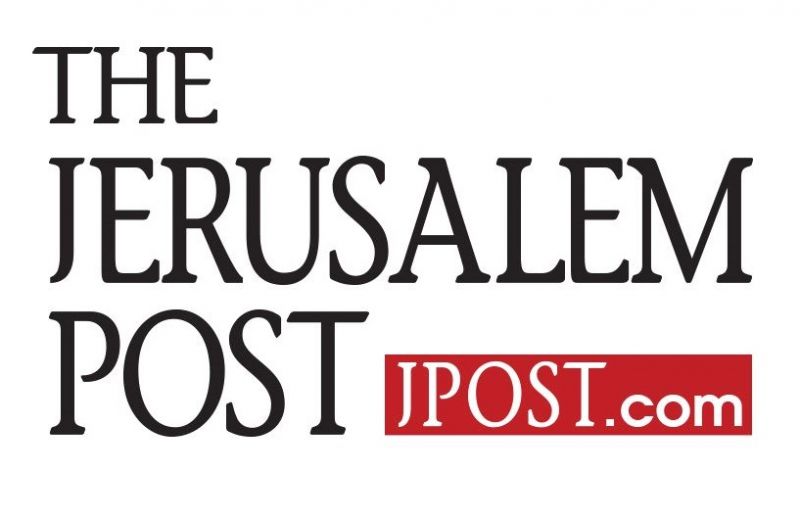 Op-eds
Op-eds
Less than 10 months after the resolution of the previous Israeli-Jordanian crisis, a new crisis may be sparked by King Abdullah’s recent decision not to renew the two annexes to the Israeli-Jordanian peace treaty.
When the treaty was signed in October 1994, Israel and Jordan decided to establish a “special regime” in two areas, Naharayim (al-Baqoura in Arabic) and Tzofar (al-Ghumar in Arabic), which would remain under Jordan’s sovereignty with Israeli private land use rights. The “special regime” granted unlimited freedom to the landowners, their employees, and their invitees, without applying any customs or immigration legislation.
According to the treaty, this arrangement would be in place for 25 years and renewed automatically unless Israel or Jordan gives one year’s notice in advance of its termination. In such case, discussions between the parties shall begin.
From a purely domestic Jordanian perspective, this was a timely and astute decision: The king sought to appease the mounting opposition to the peace treaty with Israel in general and the two annexes in particular coming from parliament, political parties, trade unions and civil society at large. Facing growing criticism and periodic waves of demonstrations of citizens protesting against economic and social hardships, the king fired prime minister Hani Mulki in June 2018, but to no avail.
Now, in a single stroke, he managed to divert his people’s attention from their daily problems. Jordanian print and social media applauded the king’s bold decision. In addition, it can be speculated that King Abdullah is frustrated by the right-wing Netanyahu government, which demonstrates little interest in promoting a dialogue with the Palestinians, and is pushing for international recognition of Jerusalem as the capital of Israel, thus ignoring Jordan’s special role in the holy Muslim sites in Jerusalem, as stipulated by the peace treaty. In fact, this very issue has been the cause of a series of diplomatic crises between the two countries in recent years.
Admittedly, the decision is difficult to reconcile with the consistently warm Israel-Jordanian military and intelligence cooperation. Collaboration between the two countries grew even stronger in the wake of the Arab Spring, as Israel helped the kingdom in various ways to stop the infiltration of radical jihadi elements from Syrian and Iraqi territories under the control of Islamic State. It seems, therefore, that relations between Israel and Jordan move on two parallel tracks simultaneously: the public and the hidden. Yet, a deterioration in the public domain may also affect the hidden.
Israel was not entirely surprised by the king’s decision. If, as all available information suggests, Netanyahu was warned in advance of the coming decision and did nothing to prevent it, then the decision is the result of negligence and miscalculations, and a prime example of how the absence of a foreign minister working in full capacity adversely affects Israel’s decision-making. But it is also yet another demonstration of Israel’s “everything will be OK” (yehiye beseder) syndrome.
The question is what can be done now to prevent the situation from deteriorating into another diplomatic crisis. Unfortunately, as Jordan’s quiet messages went unheeded by Israel, the king tweeted his decision publicly. That makes it difficult for him to backtrack without a blow to his own pride. In addition, by inflaming public opinion, Jordanian media turned the decision into an issue that involves now national honor. Just as the tiny territory of Taba in the Sinai Peninsula became a national issue for Egypt in the 1980s, Naharayim and Tzofar have now became hot issues in Jordan.
How should Israel respond? First, it should be stated what Israel should not do: It should not threaten to cut the water supply to Jordan, which was stipulated in the peace agreement. Water is a highly sensitive issue in Jordan, and Israel has been generous in providing Jordan with more water than stipulated in the agreement, and it should continue doing so.
What Israel should do is make an effort to divert any discussions on this issue from the public to the secret track, removing the sting from the heated public debate in the media on both sides. These secret talks should focus on finding a creative solution based on the peace treaty and the two countries’ shared experience.
Article 7b of the treaty allows the parties to “enter negotiations with a view to concluding agreements on economic cooperation, including trade and the establishment of a free trade area or areas.” A talk with several Israeli experts on the issue emphatically confirmed that a creative solution can be found which will be satisfactory to both sides.
In June 2017, after an Israeli security guard killed two Jordanians after being attacked, it took the Israeli government six months to resolve the crisis with Jordan. It was an unnecessarily long period. Today, Israel should act immediately to contain the looming crisis and propose a reasonable solution to the problem.
The main lesson from this episode is that Israel needs to pay greater attention to diplomacy. But as long as Israel’s foreign policy is subservient to national security considerations, the government will continue to suffer from periodic diplomatic blunders.
Prof. Elie Podeh is a Board Member at the Mitvim Institute. He teaches at the Department of Islamic and Middle Eastern Studies at the Hebrew University of Jerusalem.


